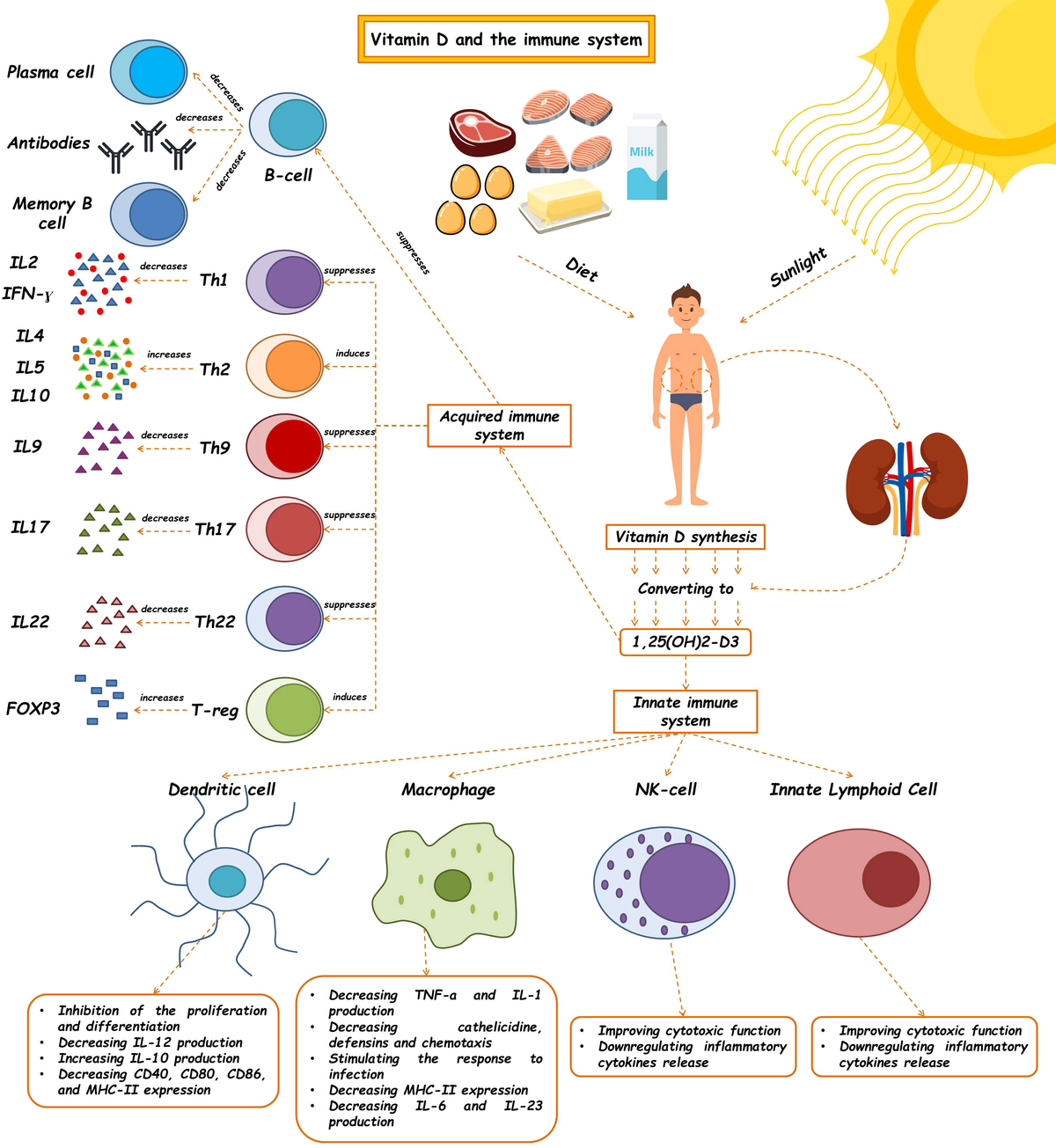Mij
Senior Member (Voting Rights)
Date: January 27, 2008
Source: Autoimmunity Research Foundation
Low blood levels of vitamin D have long been associated with disease, and the assumption has been that vitamin D supplements may protect against disease. However, this new research demonstrates that ingested vitamin D is immunosuppressive and that low blood levels of vitamin D may be actually a result of the disease process. Supplementation may make the disease worse.
In a new report Trevor Marshall, Ph.D., professor at Australia’s Murdoch University School of Biological Medicine and Biotechnology, explains how increased vitamin D intake affects much more than just nutrition or bone health. The paper explains how the Vitamin D Nuclear Receptor (VDR) acts in the repression or transcription of hundreds of genes, including genes associated with diseases ranging from cancers to multiple sclerosis.
Source: Autoimmunity Research Foundation
Low blood levels of vitamin D have long been associated with disease, and the assumption has been that vitamin D supplements may protect against disease. However, this new research demonstrates that ingested vitamin D is immunosuppressive and that low blood levels of vitamin D may be actually a result of the disease process. Supplementation may make the disease worse.
In a new report Trevor Marshall, Ph.D., professor at Australia’s Murdoch University School of Biological Medicine and Biotechnology, explains how increased vitamin D intake affects much more than just nutrition or bone health. The paper explains how the Vitamin D Nuclear Receptor (VDR) acts in the repression or transcription of hundreds of genes, including genes associated with diseases ranging from cancers to multiple sclerosis.


